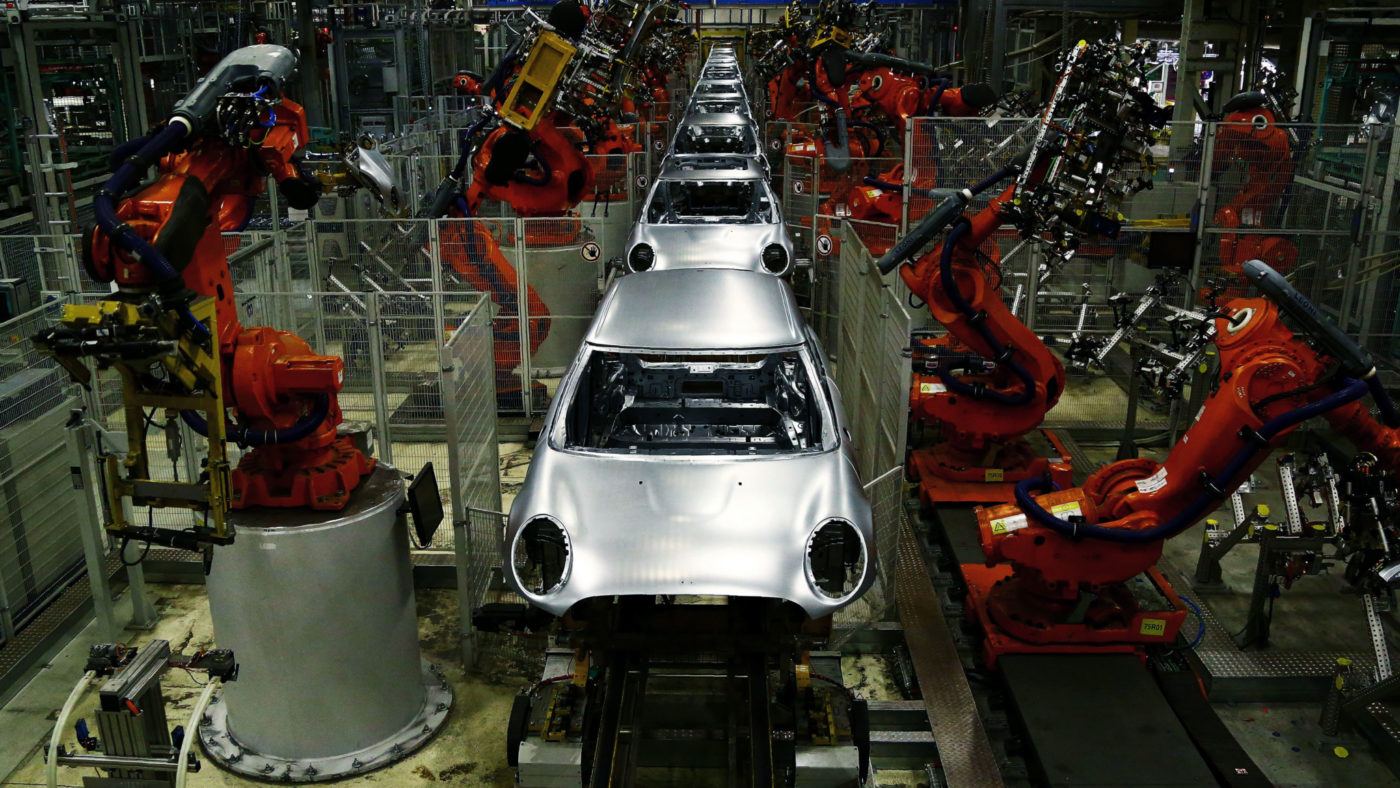Around 250 years ago, Britain launched the world’s first Industrial Revolution, powered by steam and innovations like the spinning jenny. This dramatically improved the efficiency of the textiles sector, and started the process of mechanisation and automation that soon attracted opposition from the Luddites, a group of English weavers and textile workers who destroyed machinery in protest at the creeping obsolescence of their skill set.
Historically, the impact of automation was most keenly felt in “blue collar” industries that involved repetitive tasks, such as manufacturing and mining. As we enter the new Fourth Industrial Revolution, characterised by increasingly capable artificial intelligence (AI) and sophisticated robotics, jobs in a vast array of service sectors are also at risk, including retail, journalism, accountancy, and law.
As Bart Selman, Professor of Computer Science at Cornell University, rightly says, “AI is moving rapidly from academic research into the real world… Computers are starting to ‘hear’ and ‘see’ as humans do… Systems can start to move and operate among us autonomously.”
We mustn’t be Luddite and downbeat. The emerging technologies driving this Fourth Industrial Revolution can be harnessed to catalyse economic growth and generate long-term prosperity.
In Britain, we must be the first to seize this opportunity. That means taking a pro-active approach to the challenge of automation. The Bank of England has estimated that up to 15 million British jobs may be at risk of automation, suggesting profound structural changes to our labour market will accompany this new industrial age.
These potential job losses will be in roles where any pattern of work can be replicated by a clever algorithm with a ready supply of data. Paradoxically, “the more certainty your job entails the more likely it is to be automated out,” says Professor Mary Cummings, Director of Duke University’s Humans and Autonomy Lab.
From the printing press to the personal computer, the arc of history has seen technology substituting human labour across our economy, as increasingly sophisticated machines displace workers at a fraction of the cost. That technological progress also led to rising economy-wide productivity gains, as new jobs are created in new industries.
The answer to what John Maynard Keynes called “technological unemployment” has always been the same: embrace the efficiencies brought by innovation, and learn new skills to fill the jobs created by economic growth. So, programming, controlling and marketing robots will be new jobs created to fill the gap.
The supply of workers with Science, Technology, Engineering and Maths (STEM) skills will, therefore, be critical to Britain’s ability to harness the Fourth Industrial Revolution. The Government clearly recognises this challenge, and the recent Industrial Strategy Green Paper acknowledges the UK’s shortage of skills in technical fields.
As we leave the EU, develop a new Industrial Strategy, and adopt an outward-looking global trade policy, we must also continue to reform our education system to ensure our workforce has the right skills to succeed. The Government has already taken important steps in this direction, with record levels of apprenticeships, new University Technical Colleges reflecting a strong commitment to technical education, and a renewed focus on lifelong learning. We build on a position of strength, with world-class universities, a strong base of scientific research, and an additional 1.8 million children in good or outstanding schools since 2010.
However, to equip Britain to lead the Fourth Industrial Revolution, we need to fully understand its implications for our labour force and skills base. Our approach must be strategic and long-term: a detailed review of the nation’s skills needs to be conducted at the start of each Parliament.
Just as the Strategic Defence and Security Review (SDSR) examines the country’s defence requirements, and the Comprehensive Spending Review (CSR) sets out our spending priorities, a new national Future Skills Review (FSR) will help us future-proof our economy.
The FSR would look above the horizon and examine our long-term skills needs, identifying the sectors and skillsets vulnerable to automation, and the opportunities for new technology to drive economic growth. This Review would give us valuable data to identify skills gaps and help educational institutions plan to meet the needs of employers.
This new FSR should include both regional analysis – to identify skills needs and shortages across Britain so policy is tailored to meet local needs – and an international perspective – examining our competitors’ strategies, so we can apply best practice to the UK.
In the long term, a wave of new jobs will be created by businesses harnessing the power of emerging technologies to expand and provide new products and services, from British-designed 3D printers to UK-manufactured driverless cars. However, mastering the Fourth Industrial Revolution must begin with closing the skills gap, so Britain’s workers are equipped to take up those new jobs. A first step is fully understanding the challenge of automation to our labour market, and responding decisively and strategically through a Skills Review that gets Britain to the future first.


